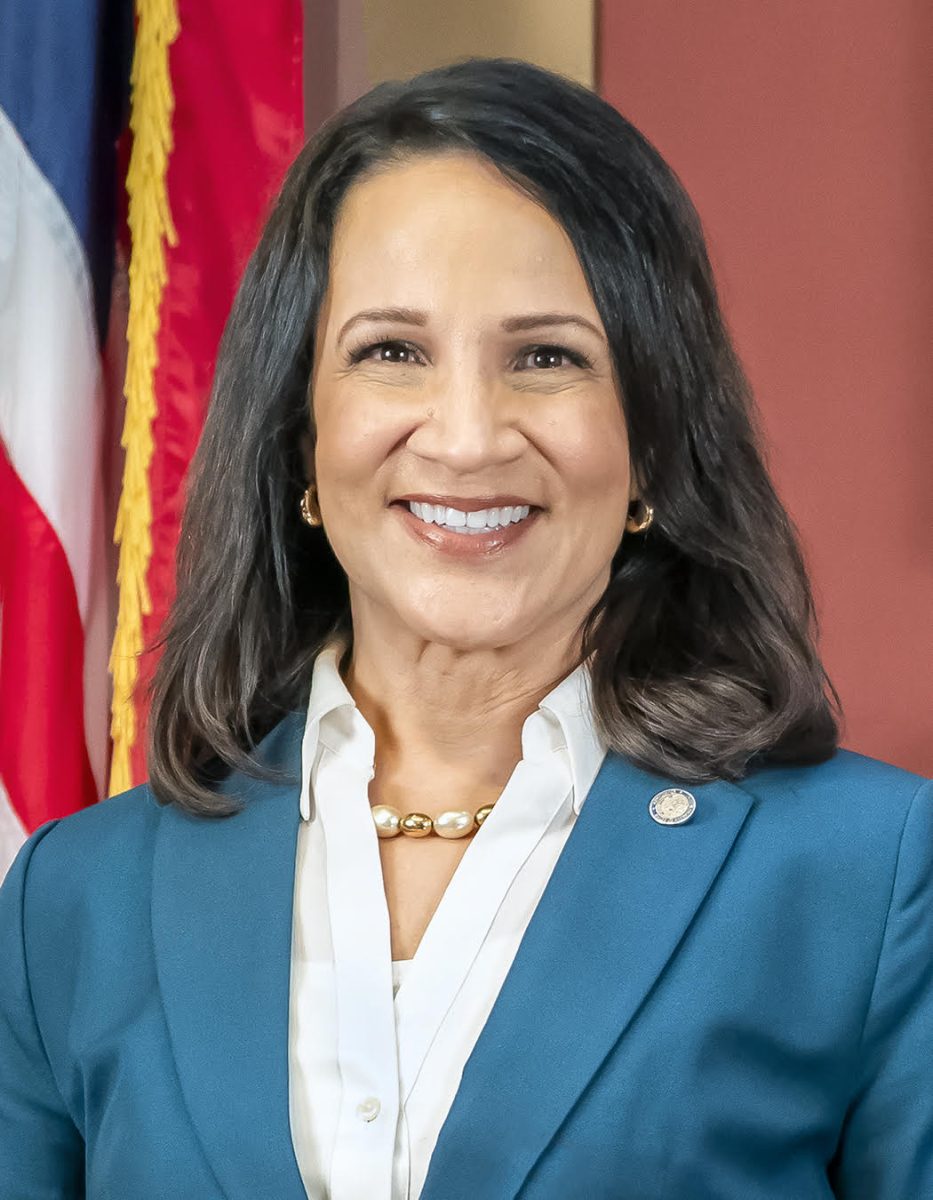A bill passing through the state Legislature could appropriate funds to the University of Minnesota to help transition to renewable energy.
The legislation would provide $6 million for renewable solar energy efforts at the University. The University would also be required to present a report of its progress toward its energy goals to the Legislature biennially.
Author Sen. Erik Simonson, DFL-Duluth, said working with the University on renewable energy goes back to the state’s broader goals to move away from fossil fuels.
“It makes a lot of sense that we use our higher education facilities to try to [first] send a message that the state is serious about this, … [second] provide an opportunity for learning within the University system itself and [third] really try to do our part to try to meet some of those goals as we benchmark this thing through the course of the next several years,” Simonson said.
Vice President of University Services Mike Berthelsen and University Director of Sustainability Shane Stennes testified in favor of the House bill during an energy and climate finance committee meeting March 5.
The Board of Regents adopted a plan in 2011 to cut emissions by 50 percent by 2020, Berthelsen said. The University wants to reach zero emissions in all campus buildings and transportation by 2050.
“The University has had a long-term commitment to sustainability and specifically [renewable energy],” Berthelsen said at the meeting.
Current renewable energy efforts at the University take multiple forms, Stennes said. On-site solar includes major projects on the West Bank and St. Paul campuses and Athlete’s Village. The University also uses off-site solar power and participates in the Renewable Connect pilot program through Excel Energy. This allows the school to voluntarily purchase additional renewable energy.
“The Legislature has proposed this $6 million in funding for renewables, we haven’t identified a specific project for that money yet. If we were to get it, … we have some ideas about how it could be spent,” Stennes said. “We could expand our participation in Renewable Connect. … It could mean more on-site solar, or it could mean a project that we haven’t yet conceived of.”
Co-author Sen. John Marty, DFL-Roseville, said the bill looked at the University because of its influence within the field.
“The University is doing great research … just the thought is, they’re already doing a lot of this, they care a lot about this, and maybe with a little bit of money from the renewable development fund that this could … help make sure that the University itself serves as a model in this,” Marty said.
The Senate version of the legislation had its introduction and first reading on March 13 before it was referred to the Senate energy and utilities committee.
Natalie Rademacher contributed to this report.







